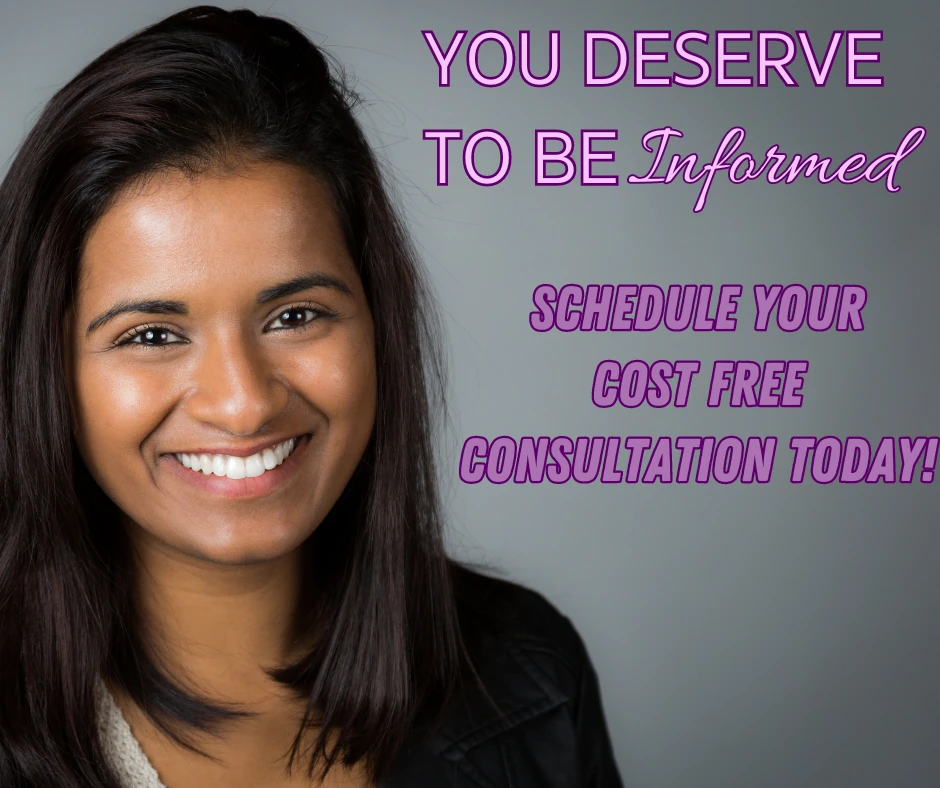

Morning After Pill
Emergency Contraception: Understanding the Morning After Pill
Emergency contraception, sometimes referred to as the morning after pill, includes common brand names such as “Plan B One-Step” and “ella.” It is a term used for drugs taken after sex with the intent to prevent pregnancy.
Many people confuse the morning after pill with the abortion pill (RU486). The abortion pill terminates an existing and established pregnancy, while the morning after pill works to prevent conception. In some cases, it has the potential to cause a very early abortion.
Plan B One-Step
Plan B One-Step also is referred to as the morning after pill. It is designed to prevent pregnancy after a known or suspected contraceptive failure, unprotected intercourse, or forced sex. Plan B contains high amounts of levonorgestrel, a progestin hormone found in some birth control pills. Plan B One-Step may work by preventing the egg and sperm from meeting by delaying ovulation. Plan B One-Step does not disrupt an implanted pregnancy but may prevent a newly formed life from implanting in the uterus.
Plan B One-Step consists of one pill taken up to 72 hours after sex.
Side effects may include, but are not limited to, changes in your period, nausea, lower abdominal pain, fatigue, headache, and dizziness. If your period is more than a week late, you may be pregnant from a prior sexual encounter. Plan B One-Step should not be used if you are pregnant or as a routine form of birth control.
There is evidence that Plan B One-Step use may increase the risk for ectopic (tubal) pregnancy, a potentially life-threatening condition. Women experiencing severe abdominal pain may have an ectopic pregnancy and should seek immediate medical attention.
It is reported that Plan B One-Step may prevent an average of 84% of expected pregnancies.
The medical community still has much to learn about Plan B One-Step, including its:
- Dependence and overdose potential.
- Effects on women who have not started their period.
- Impact on postmenopausal women.
- Effects in the context of liver or kidney disease.
- Interactions with other drugs.
- Potential for higher pregnancy rates in Chinese women.
ella
ella is an FDA-approved emergency contraceptive for use within 5 days of unprotected sex or contraceptive failure, sometimes referred to as “the week after pill.” Taking ella will reduce the number of expected pregnancies from 5.5% to 2.2%.
Pregnancy from a previous sexual encounter should be ruled out before taking ella. It is to be used only once during a menstrual cycle.
ella may reduce the chance of pregnancy by preventing or postponing ovulation. It may also work by preventing a fertilized egg from implanting in the uterus, which is considered a very early abortion. ella is a chemical cousin to the abortion pill (RU46). ella is chemically similar to the abortion pill (RU486) and shares the progesterone-blocking effect, disrupting the embryo’s attachment to the uterine lining of the womb, causing death.
Common adverse reactions to ella include:
- Headache
- Nausea
- Stomach (abdominal) pain
- Menstrual cramps
- Fatigue
- Dizziness
Women who experience abdominal pain 3 to 5 weeks after using ella should seek immediate medical attention for an possible ectopic pregnancy.
Much is unknown about ella, including its effect on women:
- Who are under 18 or over 35 years of age
- Taking with other hormonal contraception
- Who are pregnant from a previous encounter
- Using ella repeatedly during the same cycle
- Use while breast-feeding.
Understanding the nuances of emergency contraception is essential for making informed decisions about sexual and reproductive health. While options like Plan B One-Step and ella offer means to prevent pregnancy after unprotected sex, it’s crucial to be aware of their mechanisms, limitations, and potential side effects. Distinguishing between emergency contraception and abortion pills like RU486 is also important, as they serve different purposes and have distinct impacts on the body.
If you’re considering emergency contraception, it’s vital to understand the time sensitivity, the correct usage, and the potential risks involved, including the possibility of ectopic pregnancy. Moreover, recognizing the importance of consulting healthcare professionals and seeking reliable, personalized advice cannot be overstated.
Your local pregnancy center is committed to providing you with accurate information, support, and guidance in a confidential and caring environment. Whether you’re seeking emergency contraception, exploring your pregnancy options, or simply need someone to talk to, we are here to help you navigate these complex choices. Remember, you’re not alone in this journey, and informed decision-making is key to taking care of your health and well-being.
Frequently Asked Questions
Question: Do I need an appointment?
Answer: Walk-ins are welcome. However, it is best to make an appointment to minimize your office wait time.
Question: What is the cost?
Answer: All services are free and confidential.
Question: What should I expect when I come for my visit?
Answer: Upon your arrival, a friendly receptionist will guide you to meet your client advocate. This advocate will offer you a judgment-free space to talk, followed by essential information and a pregnancy test. In the event of a positive test result, a dedicated medical professional will perform a limited ultrasound to verify the pregnancy's viability and estimate the age of the fetus.
Question: How long after sex does it take for a pregnancy test to work and how accurate is the test?
Answer: Pregnancy tests can be performed 7 to 10 days after conception. A client with a negative result may be invited to return within 2 weeks for a repeat test if she has not had her period.
If you have taken a home pregnancy test, you may want to confirm results with a laboratory-quality test at your local pregnancy center. These pregnancy tests detect HCg levels within 7 to 10 after conception.
Question: Will you tell anyone about my visit?
Answer: Pregnancy centers maintain a rigorous privacy and confidentiality policy. Clients' information is safeguarded against unauthorized disclosure, respecting their right to privacy, except in instances mandated by law. This includes situations necessary for public health, preventing harm to the client or others, or in specific circumstances where the use or disclosure of information is justified without prior consent, such as in cases of abuse reporting or suicide/homicide prevention.
Question: When should I schedule an appointment?
Answer: High-quality, medical-grade pregnancy tests are capable of detecting pregnancy from the first day after your initial missed period. We advise scheduling an appointment if you've missed a period, have any queries related to pregnancy, or suspect that you might be pregnant.
Question: How far along do I have to be to get a free ultrasound?
Answer: After an initial consultation with a client advocate, many pregnancy centers offer on-site ultrasound scans. These limited ultrasounds are conducted by a licensed nurse sonographer or a registered diagnostic medical sonographer (RDMS) and are subsequently reviewed by a licensed physician. The purpose of an ultrasound is to confirm the viability of the pregnancy and to establish the gestational age.
Question: I already know I'm pregnant and I want an abortion, what's next?
Answer: It is advisable to have an ultrasound to confirm the viability of your pregnancy and to ensure it is located within the uterus, as 20% to 25% of pregnancies end in miscarriage. Moreover, the ultrasound helps in determining the stage of your pregnancy, which is essential in making an informed decision about the type of abortion procedure you may consider. Many pregnancy centers offer a limited ultrasound free of charge.








